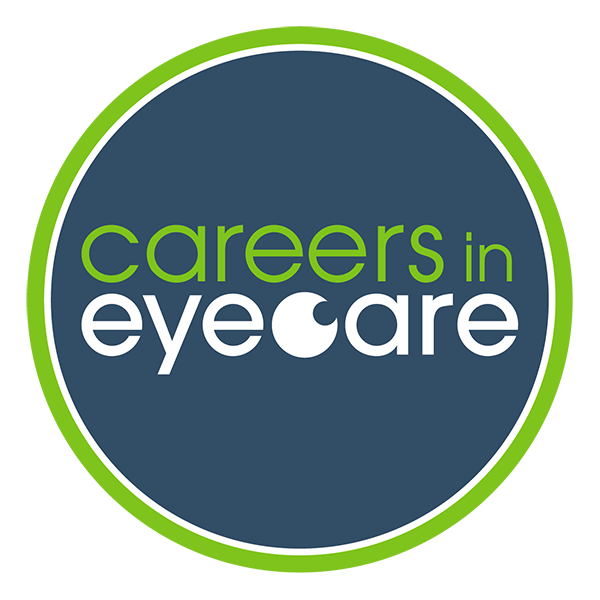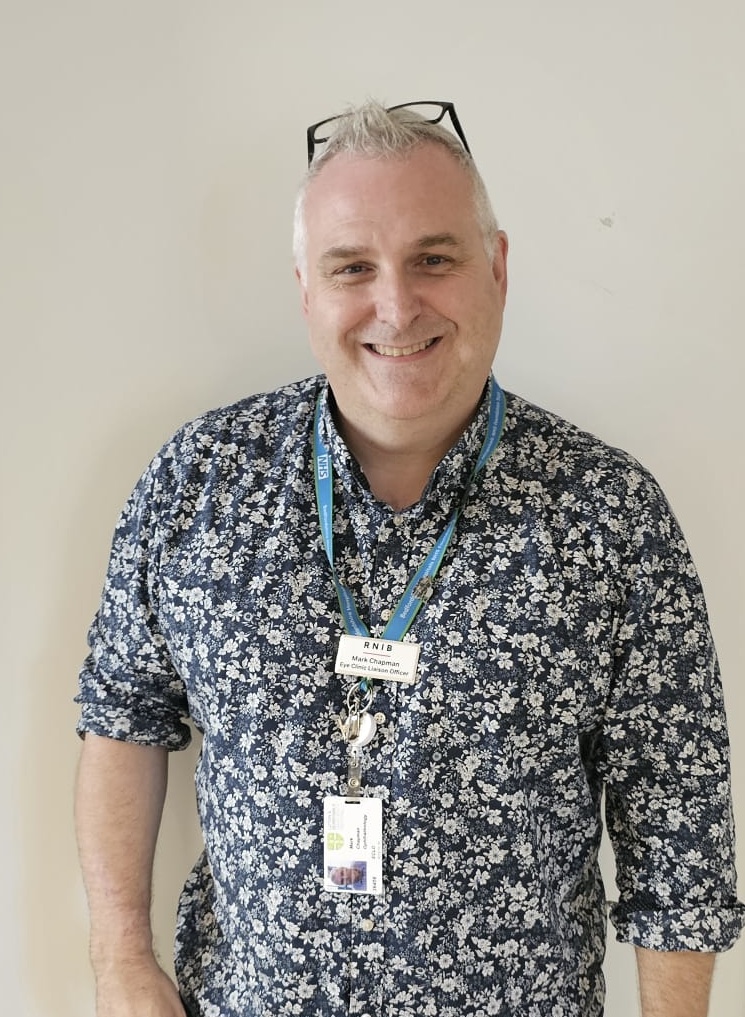Mark Chapman offers practical and emotional support to adults or children with sight loss as an eye clinic liaison officer (ECLO) at Luton & Dunstable hospital
How did you train be an ECLO?
I worked with a local sight loss charity for 14 years. Six years ago, I went on a course with the Royal National Institute of the Blind (RNIB) to train to become an ECLO.
What do you start with every day?
First thing, I check emails and messages. My approach is to be very contactable, so my details are on the hospital website, all over the eye clinic I work in, and on social media. This means I get lots of emails, texts, WhatsApps, voice notes and social media contacts. I also get messages from colleagues – doctors and nurses and others – letting me know if they’ve spoken to someone who would like a chat with me.
What are the main challenges?
Giving people enough time. I am lucky that I usually have more time to spend with people than in other professions, but I am only one person and while I am with someone there may be more people trying to get in touch. Juggling that need is one of the skills of the job.
What do you enjoy about the job?
I love trying to demonstrate that there may be hope and opportunity even at a time when people are feeling that they have less choice than they have been used to. I love that people often leave an appointment with me saying that they didn’t know there was so much out there to help; that there are services, benefits, aids and sometimes just a good idea that can make all the difference in someone’s life. I sometimes say to people that what we do is not an emergency service but that we can make life more interesting and I think that’s a very special thing to be able to offer.
What was your best day at work?
I run a group for families with blind and partially sighted children and I was told that a local company had donated 50 Easter eggs to give out to children with visual impairments. Usually though it’s the small things such as someone who just gets that there are still things they can do when they were thinking that their life was over. Or being with someone as they laugh or cry about how things have changed.
What was the worst?
My worst day is when someone won’t try an aid or new way of trying things. It’s often because they can’t accept that things have changed and they may be going through the stages of grief. Losing sight can be something very much like losing a loved one. I am perfectly happy for someone to be angry – I have never felt that they are angry at me. But while someone is angry they may find it hard to accept new ideas about how life could be better.
How do you finish your day and prepare for the next one?
I clear my desk and check messages one last time. I hope I’m not deluding myself when I feel (most days) that I’ve made a difference.
More information
- Find out how a low vision optician works with Josh’s Day in the Life
- Find out more about sight loss from the RNIB
- Further information about ECLOs

